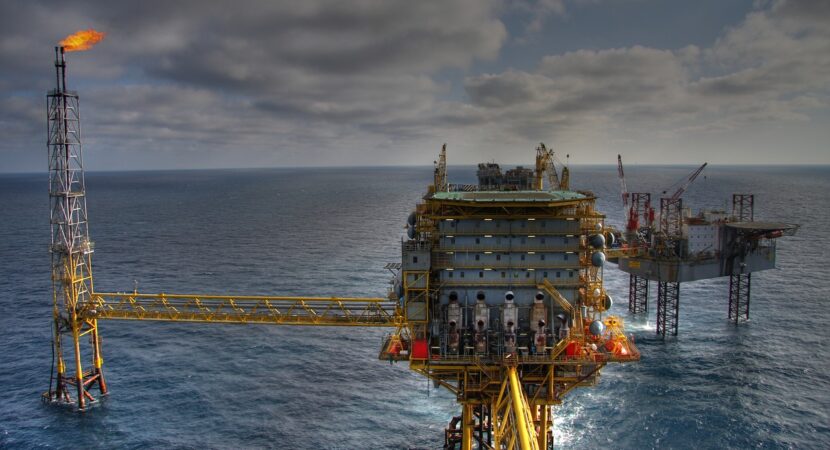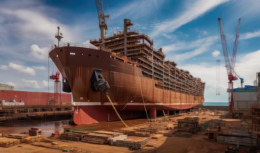
Despite being a world leader in pre-salt oil exploration and achieving a strong export of the product to the foreign market, Brazil still suffers the consequences of dependence on fuel imports and sees this reflected in the high prices charged.
Brazil is an international reference in the export of oil and, mainly, in the production of the resource through the pre-salt layer, and has achieved great achievements in the last decade thanks to this. However, the current scenario seen on Monday, (13/06), is still a reflection of dependence on fuel imports, caused by the lack of refineries and the production of these products, leading to the internal commercialization of fuels with abusive costs for the consumer.
Oil and natural gas production has grown 53% over the last 10 years in Brazil, but fuel production has not accompanied the expansion and continues to depend on imports
The Brazilian oil market, with its main focus on the pre-salt layers, has become something memorable worldwide and, only between 2010, when the first well came into operation, in Espírito Santo, and 2021, national oil production and gas jumped 53%.
In addition, according to data from the National Petroleum Agency (ANP), revenue from royalties and special participation almost doubled, reaching a record R$78,4 billion last year.
And it doesn't stop there, as the company specializing in consulting in the oil and gas sector Bip states that, by the year 2026, Brazil should receive 8 more oil exploration platforms.
In this way, pre-salt exploration reached absurd levels and Brazil managed to place the domestic market on the international export route. However, the reflection of production in the fuel segment is not at all favorable to the Brazilian market.
This is because, although oil exports and production have grown considerably, there is still a deficit in the number of refineries for the production of oil derivatives. In this way, Petrobras and the Federal Government remain tied to a policy of importing fuel and maintain this relationship of dependence to the present day.
Furthermore, this lack of production of derivatives leads Petrobras to defend a price policy based on the concept of import parity, which simulates how much it would cost to bring fuels from abroad, causing an increase in prices.
Brazil remains hostage to imports and the fuel crisis that could happen is a reflection of the deficit in refineries and the production of derivatives
Still according to the data released in recent years by the ANP, while the production of oil and natural gas, mainly from the pre-salt areas, grew by more than $50, the production of fuels derived from oil had an increase of only 5,4%.
In addition, during all these years, the country put only one new refinery into operation, still incomplete: the first phase of the Abreu e Lima Refinery, in Pernambuco.
Thus, without new refineries for the production of fuels, Brazil needs to buy about 25% of the diesel and 7% of the gasoline it consumes abroad, thus guaranteeing a high increase in the need for imports.
Now, the national market continues to focus on oil exports and on the growth of the resource's production, while the deficit in the production of derivatives continues to affect the consumer's pocket.
Finally, the current main reflection of the fuel import policy and the lack of investment in new refineries is the possible diesel supply crisis, which could happen during the second half of 2022, according to the analysis and projections of the ANP together with the Petrobras.













Army summons Brazilians with up to…
Come be a watermelon, you too
Air Force F-16 fighters…
Everything is fine, 100-year secrecy,…
Air Force F-16 fighters…
Well... It's flying scrap... Typical...
Air Force F-16 fighters…
Which genocide are you talking about? Than…
They discover the third largest deposit…
That’s why all foreigners and NGOs…
You didn't read the article, right?
Before commenting, read the article, 100%…
You didn’t read the article, right friend?…
China carried out agrarian reform, which…
Nobody cares what you want, the...
It's written in 100% private matter, no...
Private project, 🤣🤣🤣🤣, my friend at least…
What a pity